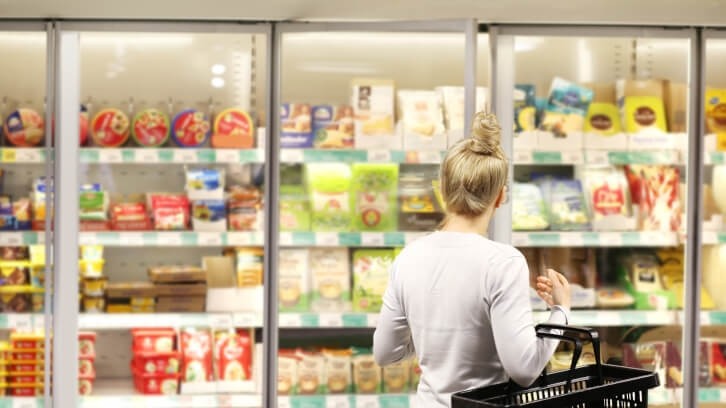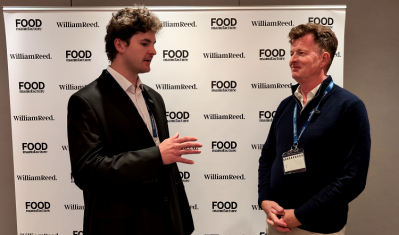News
Nomad Foods CEO urges frozen food producers to ‘Move to -15C’

The 18-month study, conducted by Nomad and Campden BRI, reveals that a 3oC increase in frozen food storage temperatures could reduce freezer energy consumption by 10%, without the need to reformulate.
The study involved 9 savoury frozen food products: poultry, coated fish, natural fish, vegetables, plant-based foods and pizza. Four temperatures (ranging from -18oC up to -9oC) and eight key areas including food safety, texture, nutrition, energy use and packaging impact were tested.
After 18-months, no significant change had occurred in the products kept at 15oC versus -18oC, with the exception of some vegetables which, when passed their best before date, did witness a drop in vitamin C levels.
This latest set of results follows the publication of the 12-month findings, which Nomad says adds further weight to safe storage at -15oC as a possibility.
Options for the study to be peer-reviewed are now being explored.
Move to -15C
The study comes at the same time as Nomad Foods has become the first food manufacturer to sign up to an industry initiative known as ‘Move to -15oC’ launched at COP28.
The company’s CEO Stéfan Descheemaeker is now calling on other frozen manufacturers to join the movement: “We already know that frozen food compares very well against alternative preservation methods in terms of carbon footprint. The latest results of our study with Campden BRI underlines the critical role frozen food has in reducing the impact of the wider food industry on climate change.”
“However, we can’t do this alone, which is why we are calling on other frozen food manufacturers to join us and the Move to -15oC coalition to ensure the full breadth of products within the frozen category are tested at higher temperatures.
“As we celebrate 100 years since flash freezing was invented by Clarence Birdseye, I think he would be very proud to see the innovations being driven in the frozen food category to tackle the world’s greatest challenge of climate change.”


























